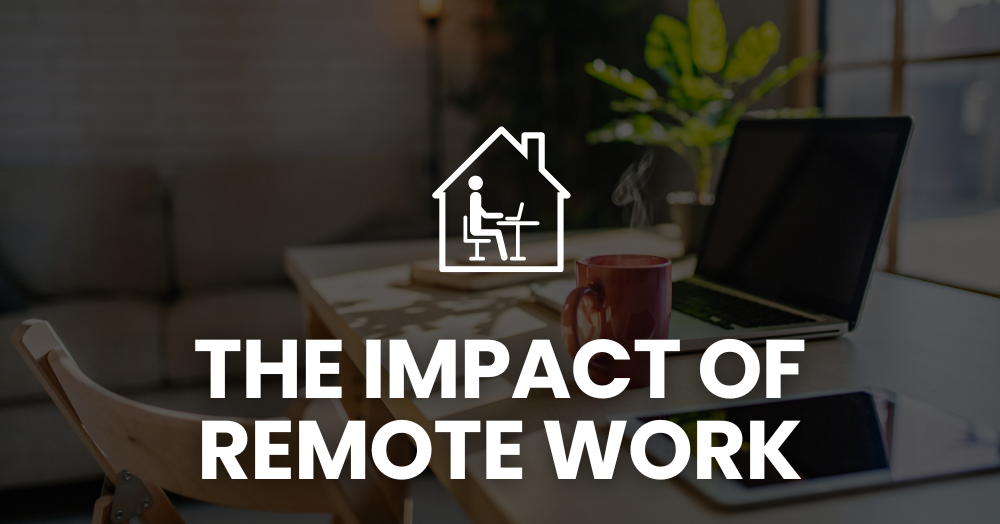As companies adapt to flexible work arrangements and employees embrace the freedom of working from anywhere, the housing market is experiencing a significant shift. The traditional parameters that once dictated where people lived are being redefined, leading to a profound impact on housing preferences.
The Rise of Remote Work: Redefining Work-Life Balance
Remote work has liberated individuals from the constraints of geographical proximity to their workplace. No longer tied to a specific city or neighbourhood for employment opportunities, workers are increasingly prioritising lifestyle preferences when choosing where to reside. This shift has led to a surge in demand for properties in areas offering desirable amenities such as outdoor recreational spaces, access to nature, and a sense of community.
Suburban Resurgence: Space and Serenity
One of the most notable trends resulting from the remote work boom is the resurgence of suburban living. Faced with the prospect of spending extended periods at home, many urban dwellers are seeking larger properties with dedicated home offices, outdoor areas, and proximity to green spaces. Suburbs, once viewed as sleepy bedroom communities, are now experiencing a renaissance as individuals prioritise space, privacy, and a slower pace of life.
Rural Retreats: Embracing Seclusion and Sustainability
Beyond the suburbs, remote work has fueled a growing interest in rural living. With the ability to work from virtually anywhere with an internet connection, some individuals are opting for a complete escape from urban life, seeking refuge in idyllic countryside settings. Remote rural areas offer unparalleled tranquillity, affordable housing options, and the opportunity to embrace sustainable living practices such as homesteading and off-grid living.
Urban Adaptation: Revitalising City Centers
While some urbanites have migrated to suburban and rural areas, cities have not been rendered obsolete. Instead, urban centers are evolving to meet the changing needs of remote workers. Developers are repurposing commercial spaces into mixed-use developments that prioritise live-work-play environments. Additionally, cities are investing in infrastructure improvements, such as expanding outdoor dining areas and creating pedestrian-friendly zones, to enhance the urban living experience and attract remote workers.
The Digital Nomad Phenomenon: Embracing Nomadic Lifestyles
For a subset of remote workers, the allure of location independence has paved the way for a nomadic lifestyle. Digital nomads, equipped with laptops and a sense of adventure, traverse the globe while maintaining their professional careers. This growing community of remote workers seeks accommodation in destinations with reliable internet connectivity, vibrant coworking spaces, and cultural experiences, driving demand for short-term rentals and co-living arrangements in cities and resort towns worldwide.
Conclusion: Embracing Flexibility in Housing Choices
The impact of remote work on housing preferences is profound and multifaceted, reshaping the way individuals conceptualise home and work-life balance. As remote work continues to redefine the traditional office model, housing markets will adapt to accommodate evolving preferences, offering a diverse array of options ranging from suburban sanctuaries to rural retreats and urban hubs. Get in contact now so we can help find you your dream home.

